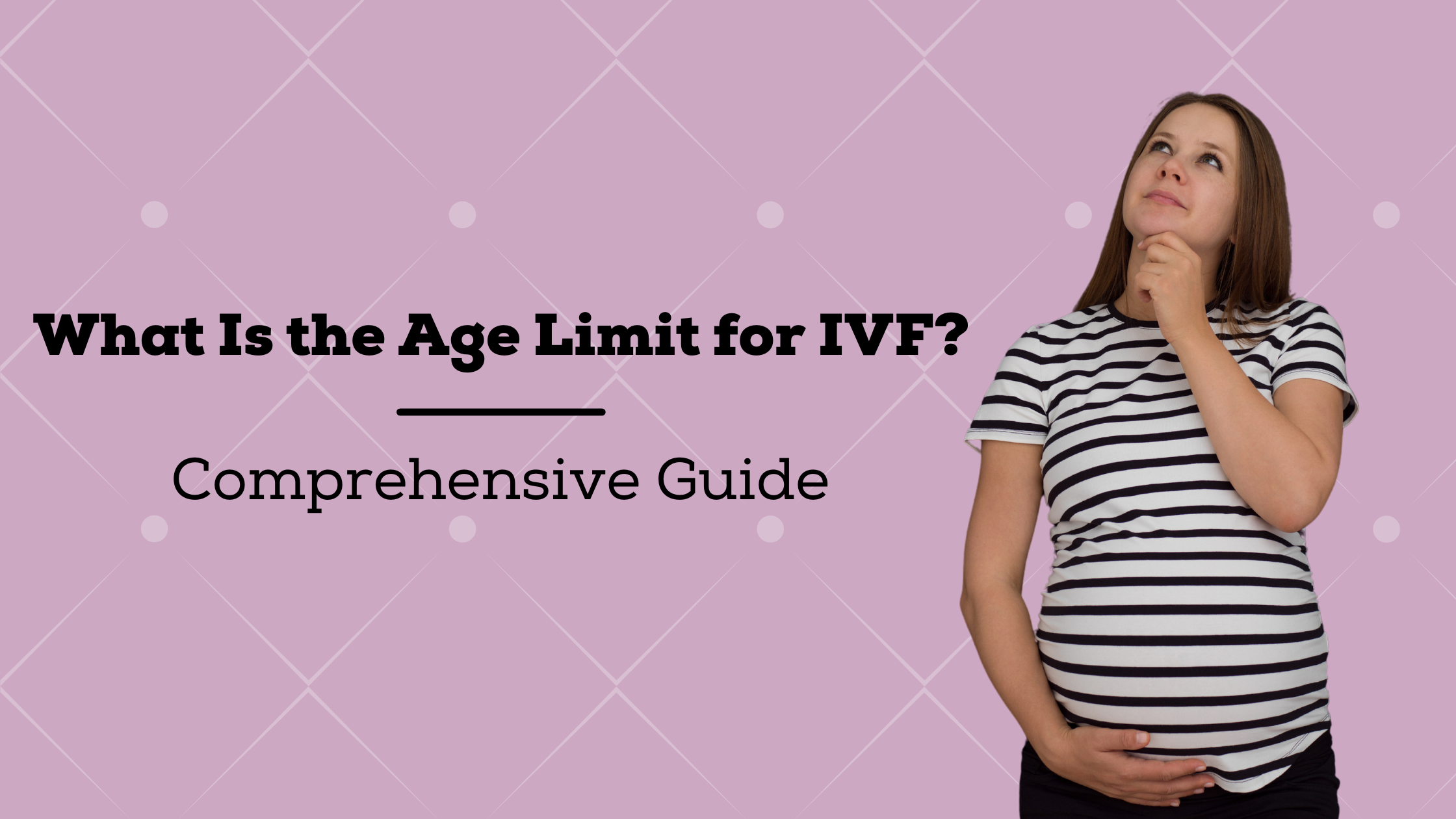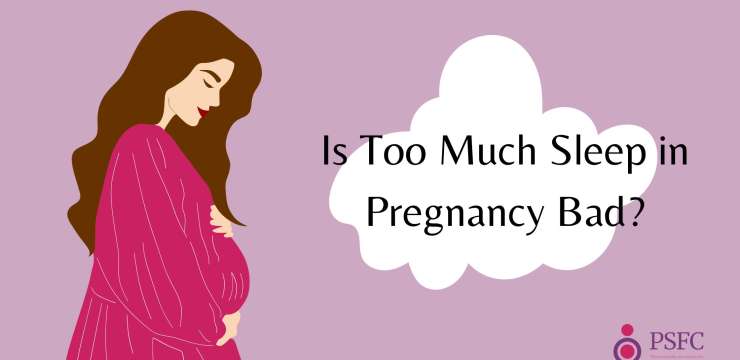In vitro fertilization (IVF) has revolutionized the field of reproductive medicine, offering hope to many couples and individuals who struggle with infertility.
As technology and medical research continue to advance, IVF has become a widely accepted option for conceiving. However, age is a critical factor in determining the success of IVF treatments.
The biological clock, especially in women, significantly impacts fertility, which brings up the important question:
What is the age limit for IVF?
This article explores the role of age in IVF success rates, the biological factors that influence fertility, and the recommended age limits for both men and women when considering IVF.
What is IVF and Its Process
IVF is an assisted reproductive technology (ART) that involves fertilizing an egg outside the body, in a laboratory setting. Always look for the best IVF fertility treatment in Chennai, The process typically involves five main steps:
Ovarian stimulation: Medications are used to stimulate a woman’s ovaries to produce multiple eggs.
Egg retrieval: Once mature, the eggs are retrieved from the ovaries using a minor surgical procedure.
Sperm collection and fertilization: Sperm from a partner or donor is combined with the eggs in a laboratory to encourage fertilization.
Embryo culture: The fertilized eggs are monitored as they develop into embryos over the course of a few days.
Embryo transfer: One or more embryos are then transferred into the woman’s uterus, where they ideally implant and lead to pregnancy.
While IVF has been a game-changer for infertility, its success is heavily influenced by the age of the individuals involved, particularly the woman.
Biological Clock and Female Fertility
Female fertility is closely tied to the quality and quantity of eggs, both of which decline as a woman ages. Women are born with a finite number of eggs approximately 1 to 2 million at birth and this reserve diminishes over time.
By puberty, the number of eggs decreases to about 300,000 to 400,000, and this number continues to decline with each menstrual cycle.
By the time a woman reaches her mid-to-late 30s, both egg quantity and quality begin to decrease significantly. As a result, the chances of conceiving naturally decline, as does the success rate of IVF treatments.
The main reason is that eggs from older women are more likely to have chromosomal abnormalities, which can lead to failed implantation, miscarriage, or congenital conditions like Down syndrome.
Age Limit for IVF in Women
Most fertility experts agree that age is a crucial factor in determining IVF success. While there is no strict legal age limit for IVF in many countries, doctors usually recommend undergoing IVF treatments before a certain age for the best outcomes.
IVF Before Age 35
Women under 35 typically have the highest IVF success rates. At this age, egg quality and quantity are still relatively good, and the chances of successful implantation and pregnancy are high.
According to the American Society for Reproductive Medicine (ASRM), the success rate for IVF in women under 35 is around 55% per cycle.
IVF Between Ages 35-40
The success rates begin to drop after age 35. By the time a woman reaches her late 30s, the chances of a successful IVF pregnancy drop to about 35-40%. The decline in egg quality and the increased risk of chromosomal abnormalities make it more challenging to achieve a successful pregnancy. For women in this age group, it’s important to consult with a fertility specialist to assess individual circumstances and options, such as using donor eggs.
IVF After Age 40
For women over 40, the success rates for IVF decline sharply. Studies show that the success rate for women aged 40-42 is about 20%, while for women aged 43 and above, it drops to 5-10%. The likelihood of miscarriage also increases, as does the risk of chromosomal abnormalities in the eggs.
Many clinics advise women over 42 to consider using donor eggs, as the chances of conceiving with their own eggs become significantly lower. Egg donation from younger women offers higher success rates, as the donor’s eggs are of better quality.
Men and Age-Related Fertility
Although male fertility does not decline as rapidly as female fertility, age is still a factor. Men continue to produce sperm throughout their lives, but sperm quality does decrease with age. After the age of 40, men may experience lower sperm count, reduced motility (movement), and increased sperm DNA fragmentation, all of which can affect fertility.
Research indicates that men over 50 have lower success rates with IVF, especially when combined with a partner of advanced maternal age. However, because sperm production continues throughout life, there is no strict age limit for men in terms of IVF treatments. Still, it’s important for older men to be aware of the potential challenges and seek advice from a fertility specialist.
Medical and Ethical Considerations for IVF Age Limits
Some countries and IVF clinics impose age limits for treatment, primarily due to the health risks associated with pregnancy at an older age. For example, the National Health Service (NHS) in the UK typically provides IVF treatments to women up to the age of 42, while many private clinics may have higher limits.
Older women, particularly those over 45, face an increased risk of pregnancy-related complications such as gestational diabetes, preeclampsia, preterm birth, and stillbirth. These risks are one reason why fertility specialists may recommend against IVF treatments beyond a certain age unless donor eggs are used.
In addition to medical risks, there are ethical considerations. Some people believe that older parents may face challenges raising children as they age. However, advancements in medicine and longer life expectancies have shifted these perspectives somewhat, and many older parents successfully raise healthy children.
How to Improve IVF Success Rates at Any Age
While age is the most significant factor in determining IVF success, there are several ways to improve the chances of a successful pregnancy, even for older individuals:
Early Intervention: Seeking fertility treatments earlier can increase the chances of success. Women should not delay seeking help if they have been trying to conceive for over a year (or six months if over 35).
Healthy Lifestyle: Maintaining a healthy diet, avoiding smoking and excessive alcohol, and managing weight can improve fertility for both men and women.
Use of Donor Eggs or Sperm: For women over 40, using donor eggs from a younger woman significantly improves the chances of IVF success. Similarly, men with low sperm quality may benefit from using donor sperm.
Preimplantation Genetic Testing (PGT): This testing can screen embryos for chromosomal abnormalities, ensuring that only healthy embryos are transferred, which can reduce the risk of miscarriage and increase the chances of a successful pregnancy.
Fertility Preservation: Women who are not ready to conceive in their younger years may opt to freeze their eggs through a process called cryopreservation. This allows them to use healthier eggs later in life when they are ready to start a family.
Conclusion
The age limit for IVF is not strictly defined, but fertility declines significantly after the age of 35 for women, and success rates drop sharply after age 40. While men can remain fertile for longer, the quality of their sperm also diminishes with age, affecting IVF outcomes.
For those considering IVF, it is essential to consult with a fertility specialist to assess individual circumstances and explore the options available. Egg and sperm donation, as well as lifestyle changes, can offer solutions for older individuals looking to conceive through IVF.
Ultimately, while age plays a major role in fertility, advancements in reproductive medicine continue to provide hope for those facing age-related infertility challenges.
Looking for the best IVF fertility treatment in Chennai?
Pearl Singapore is the right place




